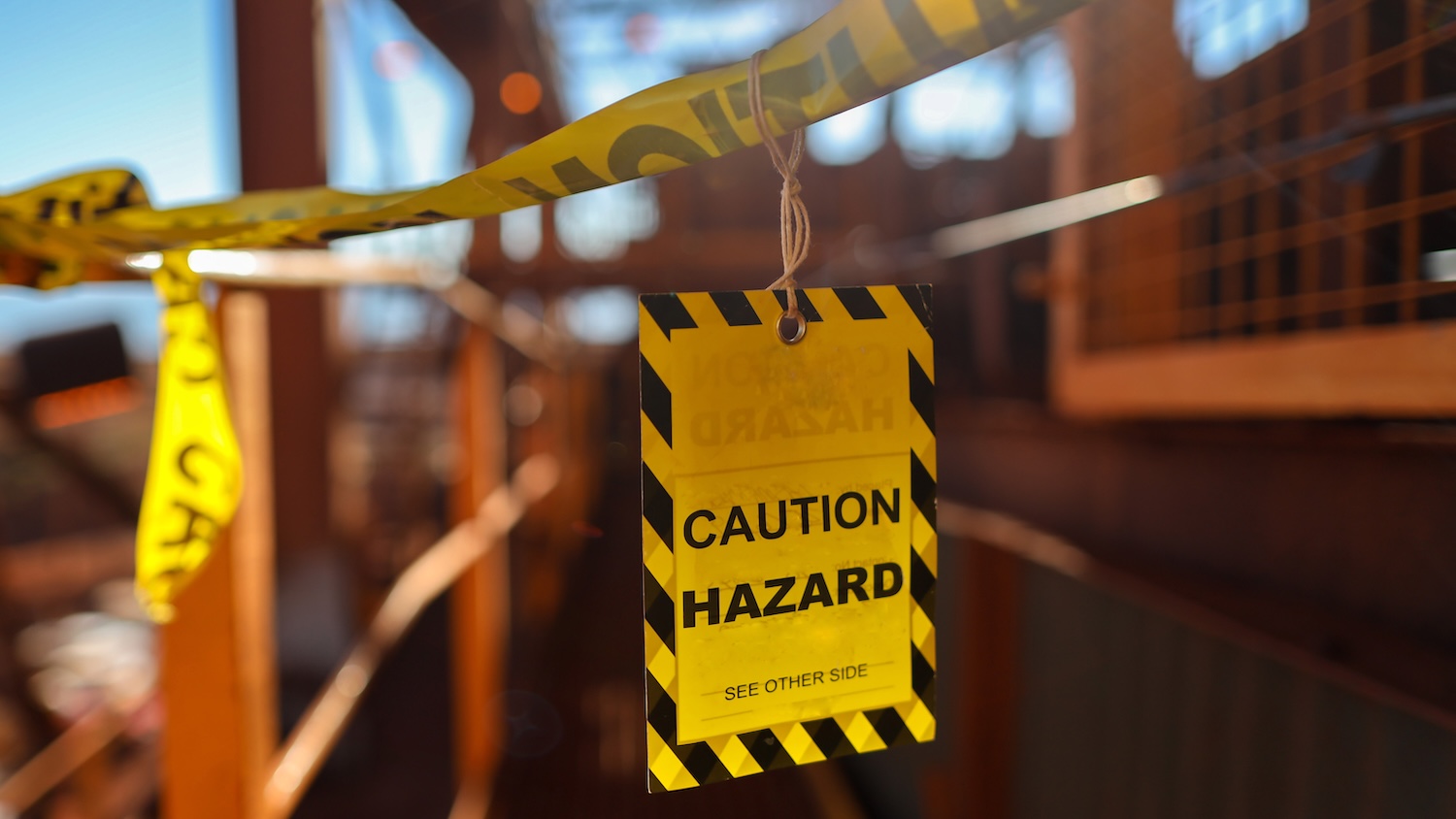
Can AI help alleviate construction’s skills shortage?
Artificial intelligence (AI) and optioneering tools can help project teams reduce inefficiencies and improve productivity
According to the UK Trade Skills Index 2023, the construction and trades industry needs 937,000 new recruits over the next decade.
This is not looking likely.
One contributing factor is the ageing workforce, with more than 35% of the industry’s workforce over 50 years old.
As people continue to age out of the industry, a solution is needed to bridge this rapidly growing skills shortage.
AI is ready to help. By investing in this technology, companies can optimise schedules and manage labour more effectively.
AI can help to reduce the demand for a larger project team and optimise the use of skilled workers, reducing the struggle that many companies are having when it comes to finding the right people.
Optimising workforce schedules
Flexible workforce reallocation can make all the difference to project efficiency and margins.
Traditionally, projects are carried out in a logical, sequential order. If there is a delay at any stage, the workforce on that project can be forced to stop, causing days of wasted labour.
To cut downtime, project managers can assess the available workforce and reallocate team members to specific projects that require similar skill sets.
They can also see which tasks can be delivered concurrently, optimising the use of time and equipment.
With so many moving parts, it can be challenging to fully understand the impact that reallocating the workforce can have on completion dates and costs, even for experienced project managers. This is where technology can really make a difference.
With so many moving parts, it can be challenging to fully understand the impact that reallocating the workforce can have on completion dates and costs, even for experienced project managers. This is where technology can really make a difference
For example, during my time in the field as a civil engineer, the inefficiencies of construction projects were clear: only around 3% of a construction site is worked on at any one time.
That means a lot of downtown for labour and equipment. These shortcomings were costly, and for projects with an already low margin, they were eating into profits.
Project managers can use AI software to help them optimise their project plans and quickly see the impact of reallocating the workforce away from a delayed project.
AI can help them add in different conditions, such as a two-week delay on one task or problems accessing resources, to see the impact.
In addition, AI software can help project managers improve relationships with their stakeholders because they are able to see the time and financial impact of specific changes, rather than making suggestions on their best-guess assumptions.
Implementing technology
Technology will only be beneficial if the workforce and wider stakeholders are willing to adopt new working methods.
Get this right and construction businesses can stay ahead of the technology curve and improve competitiveness and efficiency.
As well as building skills within the current team, this investment in innovation often becomes self-fulfilling as similarly minded people are encouraged to join the organisation.
In this way, companies can beat the skills gap and transform their businesses for the better.
René Morkos is CEO and founder of Alice Technologies.
Comments
Comments are closed.







Interesting article. I am seeing a lot of articles and opinion pieces on leveraging AI in construction, along with many other industries and aspects of society. I am a supporter of innovation and seeking ways to continuously improve on what we do. But for me the crux of the AI topic is the “we” part, the human component in the equation. We already have many processes, frameworks and tools to enact best practices in identifying paths to efficiency in place already. If there are challenges to engaging with those processes and delivering / achieving efficient outcomes, I think that says more about the human part of those outcomes, not about who or what system is trying to deliver them. Whether human or AI.
If your job is in data processing or assessment, then I dare say AI / machine learning platforms can make leaps in efficiency and perhaps replace a large portion of it. And I realise that may mean reducing a significant portion of the human component in those professions. As an aside, I have concerns about how many people may take AI assessment of data at face value (an outcome can only be as good as the data entered, along with the method of assessment applied and how that calculation is made and understood) but will leave that alone for now. If your job is in trade-based production, or assembling materials for a product on site, then until such time as an automated, AI controlled machine can be deployed to replace you, then the crucial human part will remain. We can have the most efficient human dervied or AI derived analysis and data leveraging systems in place, but as long as there are human beings involved within the chain of events to deliver projects (from concept, procurement to production and end use) then that system will only be as good as “we”, the human capacity and human appetite for it. Whether that system is delivered by humans or AI.
In my extensive involvement in the UK construction industry, the looming skills shortages, underscored by the UK Trade Skills Index 2023, deeply concern me. The statistic highlighted in this article is deeply concerning that nearly a million recruits are needed over the next decade is alarming, especially with over 35% of the workforce aged above 50, signalling a pressing need for solutions.
Reflecting on my own professional background, I strongly assert that embracing artificial intelligence (AI) and optioneering tools is not just an option; it’s a critical necessity. Traditional construction approaches, where only 3% of a site is worked on at a time, are no longer viable. The inefficiencies and profit erosion from low-margin projects necessitate a transformative response.
Investing in AI technology, from my perspective, is a potential game-changer. As someone with first hand experience in project delivery management, I’ve witnessed the challenges, and it’s clear that AI can offer crucial insights for informed decision-making. Rapidly assessing workforce impacts, optimising project plans, and foreseeing challenges are invaluable tools for tackling inefficiencies.
For me, it’s not merely about implementing technology but fostering a culture that embraces innovation. Convincing the workforce and stakeholders to adopt new methods is pivotal. This cultural shift, I believe, is the key to proactively addressing the skills gap, staying at the forefront of technological advancements, and fundamentally enhancing competitiveness and efficiency in the construction sector.
Investing in AI isn’t just a technological shift; it’s a transformative journey towards a more efficient and competitive future.